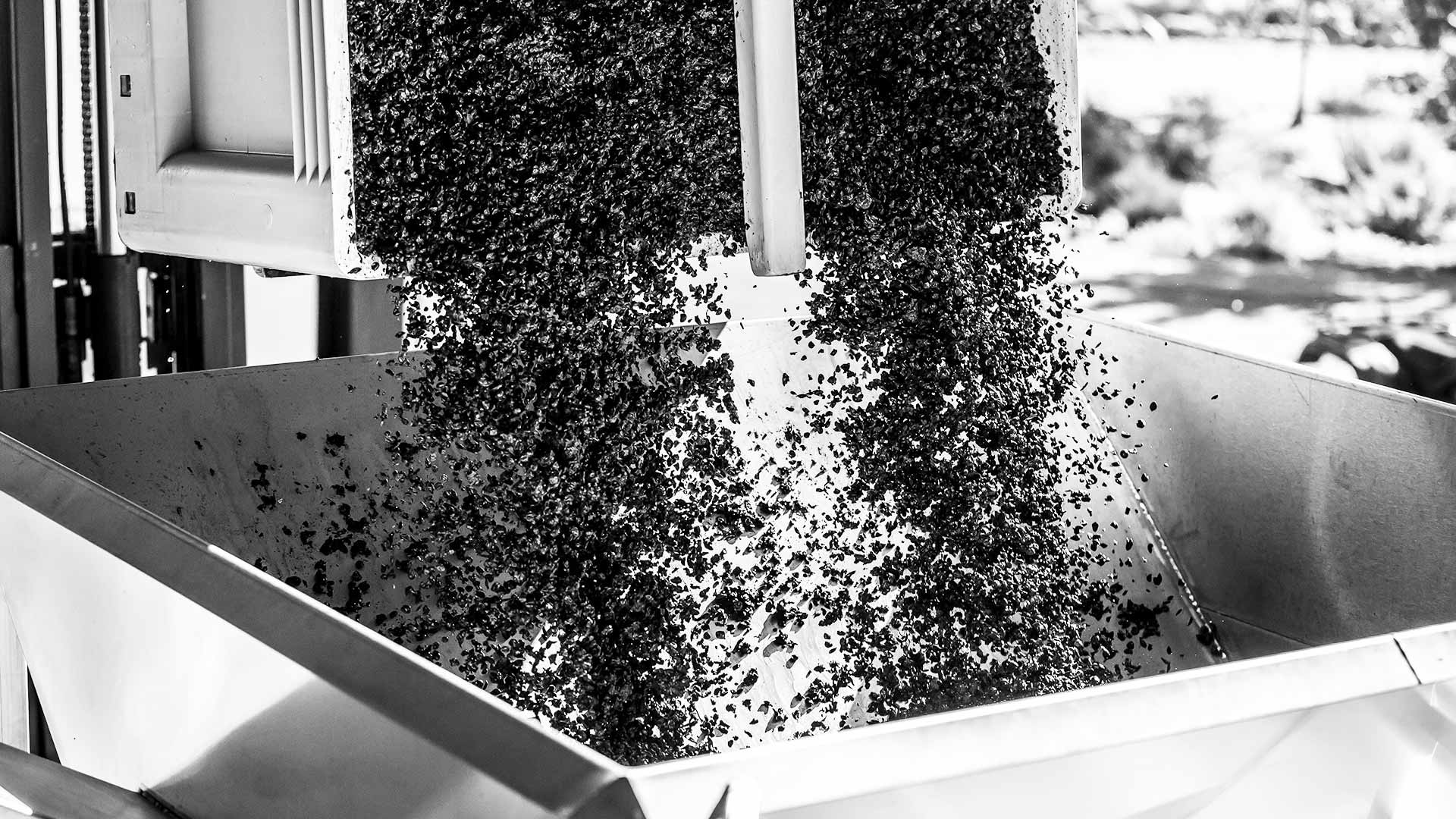
Wine and Fermentation
The WRC is committed to helping winemakers making wines that express the unique characteristics of British Columbia and Canadian wine regions.
Understanding the chemistry of wines and its buildup and evolution during fermentation and wine aging constitute the basis for making premium wines. The WRC’s research focuses on the chemistry, biochemistry, and microbiology of wine on understanding how spontaneous fermentations can contribute to the differentiation of terroir in the wine regions of British Columbia and Canada.
Current Projects
Oenology, Biology & Genomics
Research on wine yeasts population and its characterization.
Soil, climate, and topography are the most commonly associated elements of terroir, but yeast and other microbial populations are also important components, particularly for wines made by spontaneous fermentation. How the characterization of regional grapes and their associated yeast populations contribute to wine quality constitutes a specific area of research, as it will improve the differentiation of terroir in the wine regions of British Columbia.
The WRC conducts research in functional genomics at the Food Nutrition and Health building, on the UBC Vancouver campus.
Associated Researchers
Vivien Measday, Faculty of Land and Food Systems, UBC Vancouver
Daniel Durall, Irving K. Barber Faculty of Science, UBC Okanagan
Wine Chemistry and Biochemistry
Investigation of how viticultural, environmental, and fermentation conditions influence wine flavour/aroma.
Terroir is the culmination of the effects the different agricultural, environmental and ecosystem conditions that give wines their unique character and the chemistry produced in growing the grapes, the fermentation, aging and bottling processes.
Researchers in the WRC have been working with wineries in the Okanagan Valley since 2006 to understand the chemistry of grapes and wines in BC. Metabolomics is the untargeted detection and quantification of all of the chemicals in a cell. WRC studies of Okanagan wines found at least 8,400 distinct grape and yeast metabolites in a collection of Merlots. Ongoing studies are using metabolomics approaches to understand the unique character of BC wines.
Associated Researchers
Susan Murch, Irving K. Barber Faculty of Science, UBC Okanagan
Wesley Zandberg, Irving K. Barber Faculty of Science, UBC Okanagan